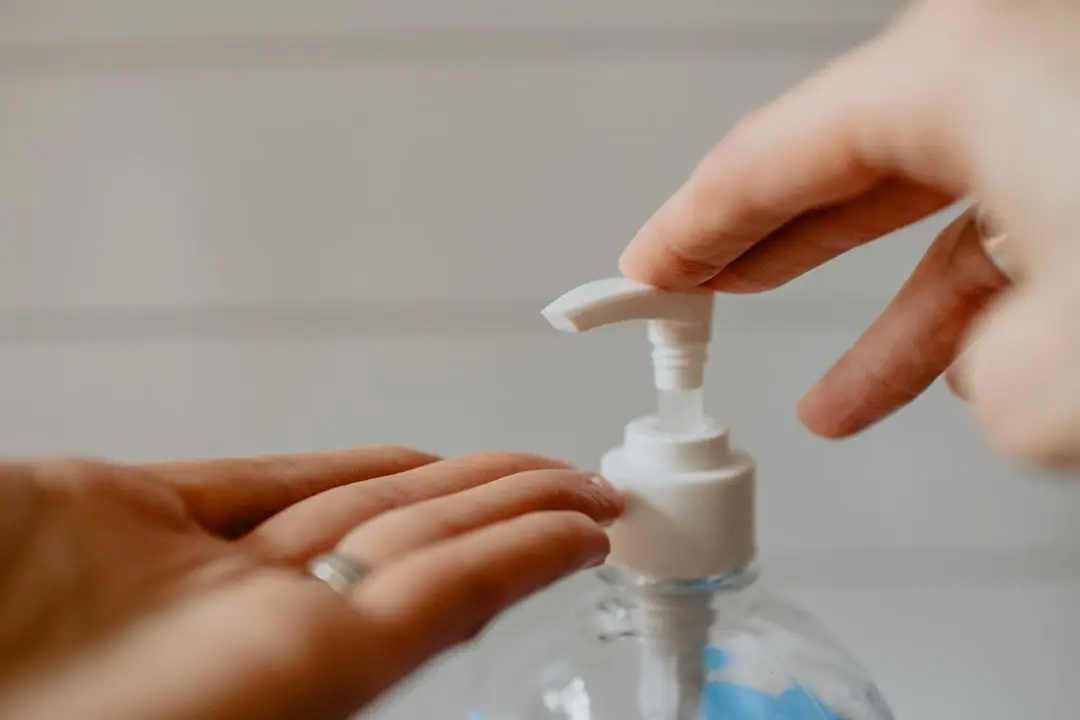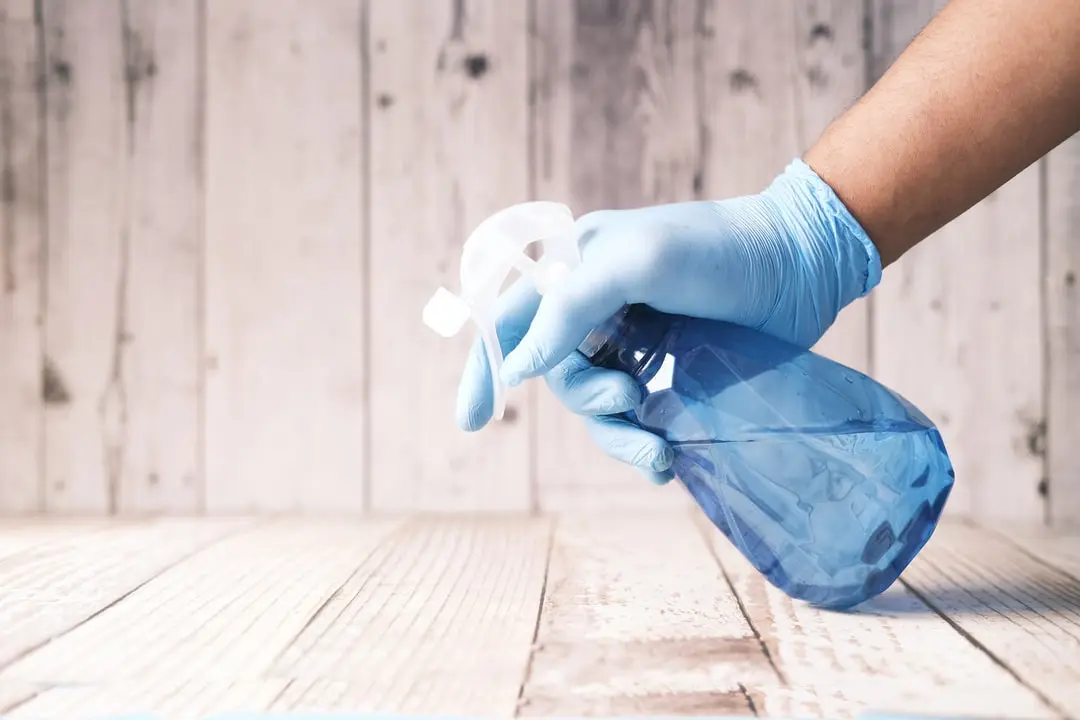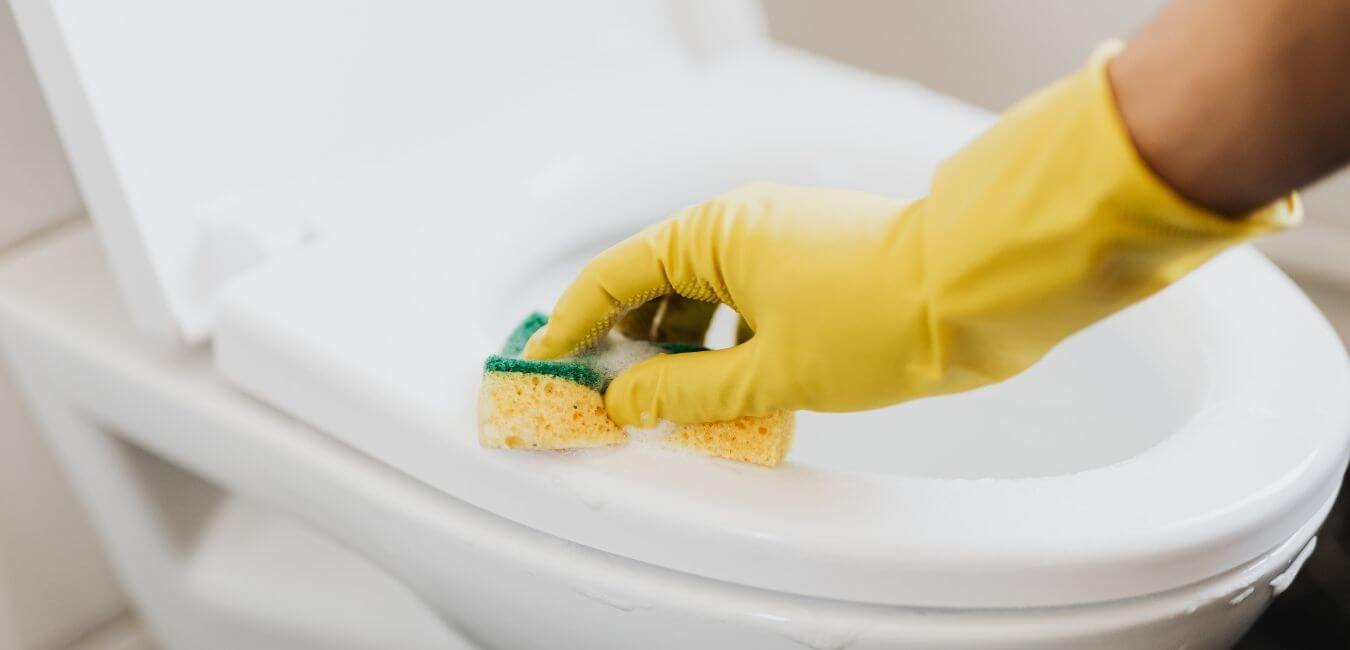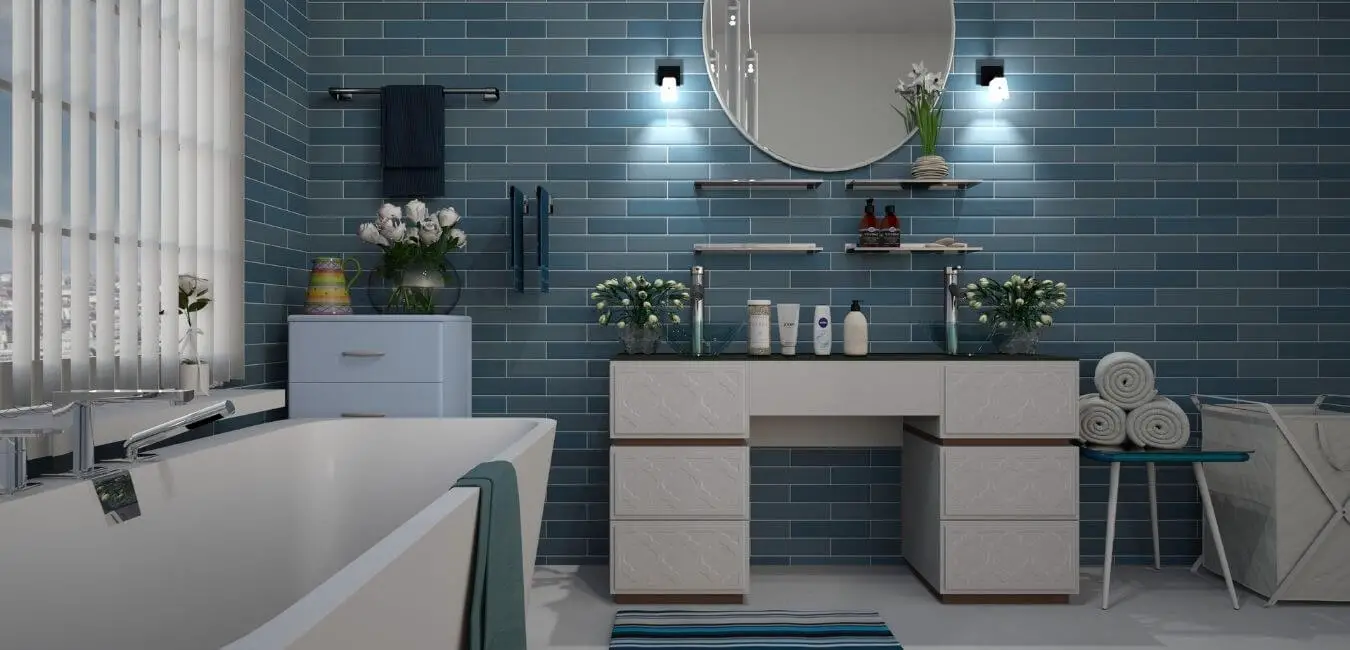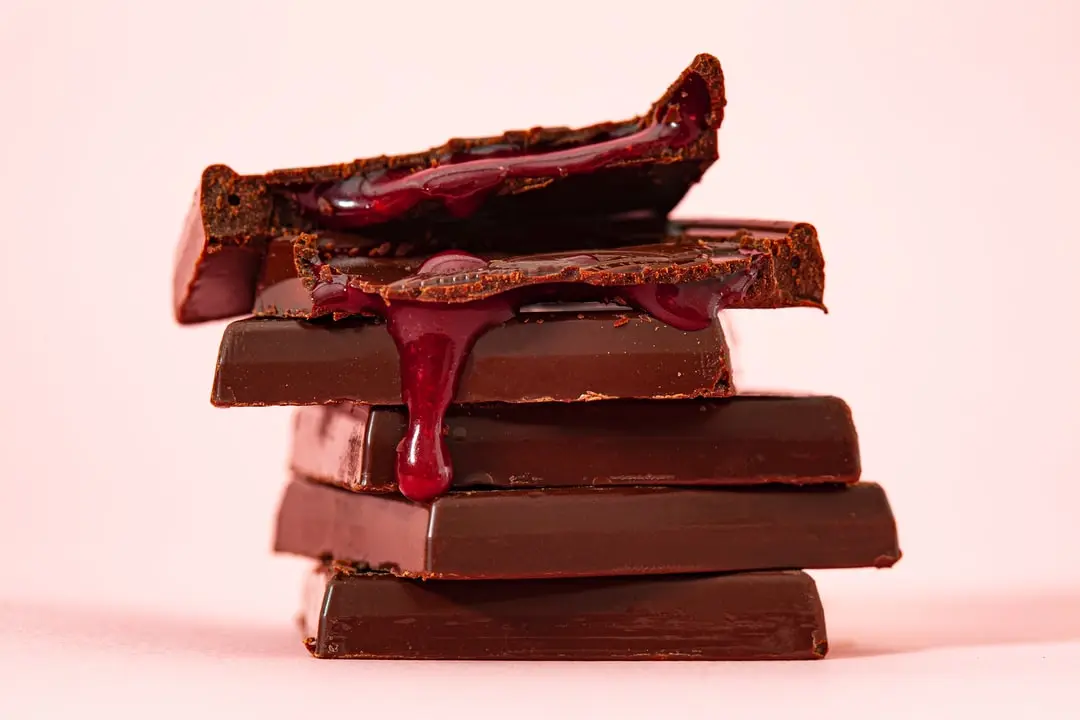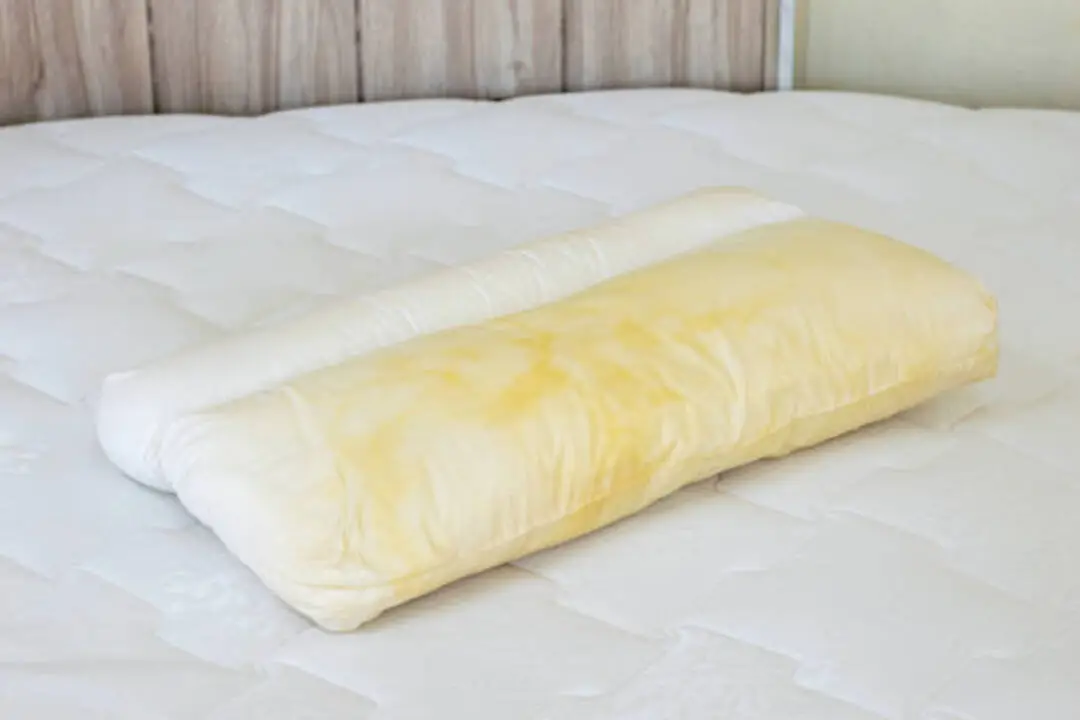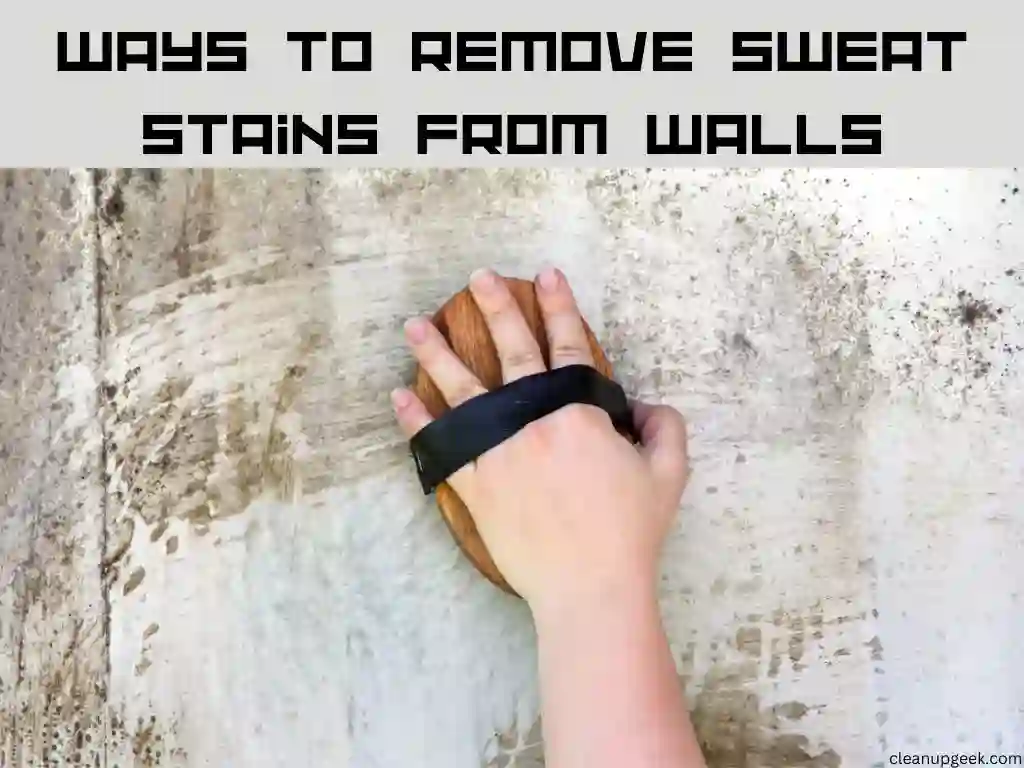Are you tired of those unsightly hard water stains marring the beauty of your pristine granite countertops? You’re not alone; many households struggle with this common problem.
This comprehensive guide will equip you with handy tips and actionable advice on how to effectively remove these stubborn stains, avoid common mistakes during the process, and keep those spots at bay in the future.
Ready to restore your granite surfaces to their original splendor? Let’s dive right in!
Key Information
- Hard water stains on granite countertops can be effectively removed by using gentle detergents and soft-bristled brushes.
- It is important to avoid using abrasive materials or harsh chemicals that can damage the surface of the granite.
- Regularly sealing your granite countertops and promptly wiping up spills can help prevent future hard water stains.
IMPORTANT FACTS:
- The article suggests using gentle detergent and soft-bristled brushes when scrubbing granite to remove hard water stains.
- It advises against using abrasive materials or harsh chemicals that can damage the surface.
- Rinsing and drying properly after cleaning is essential to avoid residue and streaks.
Factors to Consider When Removing Hard Water Stains on Granite

When removing hard water stains on granite, there are several factors you need to consider.
1. Types of hard water stains
Hard water stains come in two types. The first type is on the surface. They are white and cloudy spots. You can feel them when you touch the granite surface. These form when hard water dries up and leaves minerals like calcium behind.
The second type is below the surface. You see these as dark, dull spots on your granite surfaces.
2. Identifying the cause of the stains
To effectively remove hard water stains on granite countertops, it’s important to first identify the cause of the stains. Hard water stains are typically caused by mineral deposits left behind when water evaporates.
These deposits can build up over time and create unsightly marks on your granite surfaces. By understanding the source of the staining, you can choose the most appropriate cleaning method and prevent future damage.
You can determine if the stain is caused by hard water by examining its appearance; if it looks cloudy or has a white residue, it’s likely due to minerals in your tap water. Another way to identify the cause is by checking for any discoloration around sinks or other areas where water frequently comes into contact with your granite countertop.
3. Assessing the severity of the stains
To effectively remove hard water stains on granite, it’s important to assess the severity of the stains. Take a close look at the affected area and determine how widespread and deep the stains are.
This will help you choose the appropriate cleaning method and products. Remember to consider factors like the types of hard water stains and the cause behind them. By assessing the severity of the stains, you can tackle them more efficiently and ensure that your cleaning efforts will be successful in restoring your granite surface to its original shine.
4. Determining the suitable cleaning method
To determine the right cleaning method for removing hard water stains on granite, you should consider a few factors. First, identify the type of hard water stains you’re dealing with.
This helps in choosing the most effective cleaning solution. Next, figure out what caused the stains in the first place. Was it mineral deposits from hard water? Knowing this helps prevent future staining.
Assess how severe the stains are to decide on the best approach for removal. Finally, choose a suitable cleaning method based on your assessment of the stains. Using mild dish soap diluted with warm water is often recommended as a gentle yet effective option for granite countertops.
Effective Tips and Tricks for Removing Hard Water Stains on Granite
Get rid of hard water stains on your granite countertops with these simple and effective techniques. From using gentle detergents to steam cleaning, we’ve got you covered. Read on to learn more!
1. Using a gentle detergent and water
To effectively remove hard water stains on your granite countertops, you can use a gentle detergent and water. Here are the steps to follow:
- Dilute mild dish soap in warm water.
- Dip a soft-bristled brush into the soapy solution.
- Gently scrub the water stain on the granite surface for about 20 seconds.
- Rinse the area with clean water to remove any soap residue.
- Dry the countertop thoroughly with a clean cloth.
2. Using a soft-bristled brush for scrubbing
To effectively remove hard water stains from granite countertops, it is recommended to use a soft bristled brush for scrubbing. This will help to gently agitate the surface and remove the stains without causing any damage to the granite.
It’s important not to scrub too vigorously as this can scratch or dull the surface of the countertop. Instead, lightly rub the water stain on the granite for about 20 seconds using small circular motions.
Afterward, rinse the area with clean water and dry it thoroughly to prevent any water spots from forming. Using a soft brush will ensure that you can clean your granite countertops effectively without causing any harm.
3. Applying homemade solutions like vinegar or baking soda
To remove hard water stains on granite, you can try homemade solutions that use vinegar or baking soda. These natural cleaners are effective and safe to use on granite surfaces. Here’s how to apply them:
- Mix equal parts vinegar and water in a spray bottle.
- Spray the solution directly onto the water stains.
- Let it sit for a few minutes to loosen the mineral deposits.
- Scrub lightly with a soft-bristled brush to remove the stains.
- Rinse the area with clean water and dry it thoroughly.
- Mix baking soda with enough water to create a thick paste.
- Apply the paste directly onto the hard water stains.
- Gently scrub the area using a soft-bristled brush or sponge.
- Rinse off the paste with clean water and dry the surface.
4. Using a steam cleaner
To remove hard water stains on granite countertops, you can also consider using a steam cleaner. Steam cleaners are effective at loosening and lifting away tough stains without the need for harsh chemicals.
The high temperature of the steam helps to break down mineral deposits and grime on the surface of the granite. Simply follow the manufacturer’s instructions for operating the steam cleaner and gently move it over the stained area.
The hot steam will penetrate into the pores of the granite, helping to dissolve and remove hard water stains effectively. Remember to dry the surface thoroughly after using a steam cleaner to prevent any residual moisture from causing new water spots or damage to your countertop.
Mistakes to Avoid When Removing Hard Water Stains on Granite

Using abrasive materials or harsh chemicals can scratch the granite surface and cause further damage.
1. Using abrasive materials or harsh chemicals
To avoid damaging your granite countertops, it’s important to avoid using abrasive materials or harsh chemicals when removing hard water stains. Here are some things to avoid:
- Avoid using scrub brushes with stiff bristles as they can scratch the surface of the granite.
- Do not use steel wool or scouring pads as they can leave behind scratches and damage the protective sealant on the granite.
- Stay away from acidic cleaners like lemon juice or vinegar that can etch the surface of the granite over time.
- Avoid using bleach or ammonia-based cleaners as they can cause discoloration and harm the granite.
- Steer clear of abrasive powders or cleaning products that contain abrasives, such as baking soda or powdered cleansers.
2. Scrubbing too vigorously
Scrubbing too hard when trying to remove hard water stains on granite can cause damage to the surface. Instead of using excessive force, it is better to scrub lightly and gently with a soft-bristled brush.
This will help prevent scratching or wearing down the protective sealant on the granite. Remember to rinse the surface with clean water after scrubbing and dry it properly to avoid leaving any residue behind.
By being gentle in your cleaning approach, you can effectively remove hard water stains without causing harm to your precious granite countertops.
3. Neglecting to rinse and dry the surface properly
After scrubbing the hard water stains on your granite surface, it is crucial not to forget to rinse and dry it properly. If you skip this step, residue from the cleaning solution or minerals from the hard water stains can be left behind, causing further damage or discoloration.
Take a few moments to thoroughly rinse the area with clean water, making sure all soap or cleaning residue is removed. Then, use a soft cloth or towel to gently dry the surface completely.
This will help prevent any streaks or water spots from forming and keep your granite looking clean and pristine. Make sure to remember this step after every cleaning session!
4. Ignoring the need for resealing
Ignoring the need for resealing your granite countertops can lead to more hard water stains in the future. Resealing is important because it helps create a protective barrier on the surface of the granite, making it less prone to water penetration and staining.
When you neglect to reseal, the porous nature of granite leaves it vulnerable to absorbing liquids, including hard water deposits. Over time, this can result in discoloration and an accumulation of mineral deposits that are difficult to remove.
By regularly resealing your granite countertops, you can prevent water stains and keep them looking clean and beautiful for longer periods of time.
Preventive Measures to Avoid Hard Water Stains on Granite

To prevent hard water stains on your granite, wipe up spills immediately, treat hard water spots promptly, regularly seal the granite surface, and use coasters and trivets.
1. Wiping up spills immediately
If you spill something on your granite countertop, it’s important to clean it up right away. Wiping up spills immediately can help prevent water stains from forming. When liquid sits on the granite surface for too long, it can seep into the pores and leave behind unsightly marks.
These water stains can be difficult to remove later on. So, make sure to grab a clean cloth or paper towel and quickly wipe away any spills as soon as they happen. This simple step can go a long way in keeping your granite countertops looking clean and stain-free.
2. Treating hard water spots promptly
To prevent hard water spots from becoming stubborn and difficult to remove, it is important to treat them promptly. When you notice a water spot on your granite countertop, don’t wait too long before taking action.
The longer the spot sits, the more time it has to penetrate and leave behind mineral deposits. By addressing the spot right away, you can save yourself extra effort later. Use a mild dish soap diluted in warm water to gently clean the area.
Lightly scrub the spot with a soft-bristled brush for about 20 seconds, then rinse with clean water. Remember to dry the surface thoroughly after rinsing to prevent any remaining moisture from causing further damage or staining.
3. Regularly sealing the granite surface
To prevent hard water stains on your granite countertops, it’s important to regularly seal the surface. Sealing helps create a protective barrier that prevents water and other liquids from penetrating the stone and causing stains.
By sealing your granite countertop every 1-2 years, you can maintain its beauty and make it easier to clean. When choosing a sealer, opt for one specifically designed for natural stone surfaces like granite.
Follow the manufacturer’s instructions for application and reapplication as needed. Regularly sealing your granite surface is an effective preventive measure against hard water stains, ensuring that your countertop stays looking its best for years to come.
4. Using coasters and trivets
To prevent hard water stains on your granite countertops, it’s important to use coasters and trivets. Placing drinks and hot dishes directly on the surface can cause watermarks and heat marks that are difficult to remove.
By using coasters for drinks and trivets for hot items, you create a barrier between the granite and any potentially damaging liquids or heat sources. This simple preventive measure will help keep your granite looking clean and free from unsightly stains.
Conclusion
In conclusion, by following the effective tips and tricks mentioned in this ultimate guide, you can easily remove hard water stains from your granite countertops. Remember to consider factors like the type and severity of the stains when choosing a cleaning method.
Avoid common mistakes such as using abrasive materials or scrubbing too vigorously. Lastly, take preventive measures like wiping up spills promptly and regularly sealing your granite surface to prevent future water stains.
With these actions, you can keep your granite looking clean and beautiful for years to come!
Frequently Asked Questions
1. How can I remove water stains from my granite countertop?
To clean hard water stains on granite, you will need to use cleaning solutions and specific stain removal techniques suited for natural stone care.
2. Are there tips for removing the stains?
Yes, having a dry after rinsing method is one effective technique when removing hard water spots from your granite countertops.
3. What factors should I think about when taking off the stains?
When removing water stains from granite, you’ll need to consider items like the hardness levels of your local water, chemical cleaners used, and daily maintenance scheduling.
4. Is it possible to stop the hard water marks on my granite top?
Absolutely! You can prevent hard water from leaving marks by carrying out daily maintenance and applying preventive measures tailored specifically towards avoiding such kinds of blemishes.
5. Can mistakes happen as I try to get rid of the spots?
Yes, it’s possible to make errors during cleaning if you don’t understand how to properly care for this type of material or fail to prevent these tough-to-remove spots effectively.
